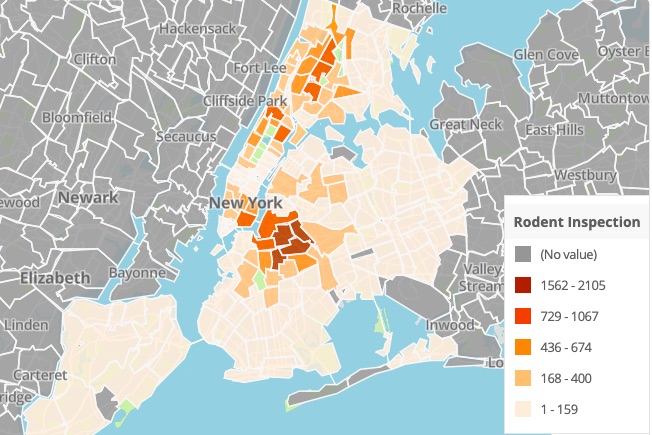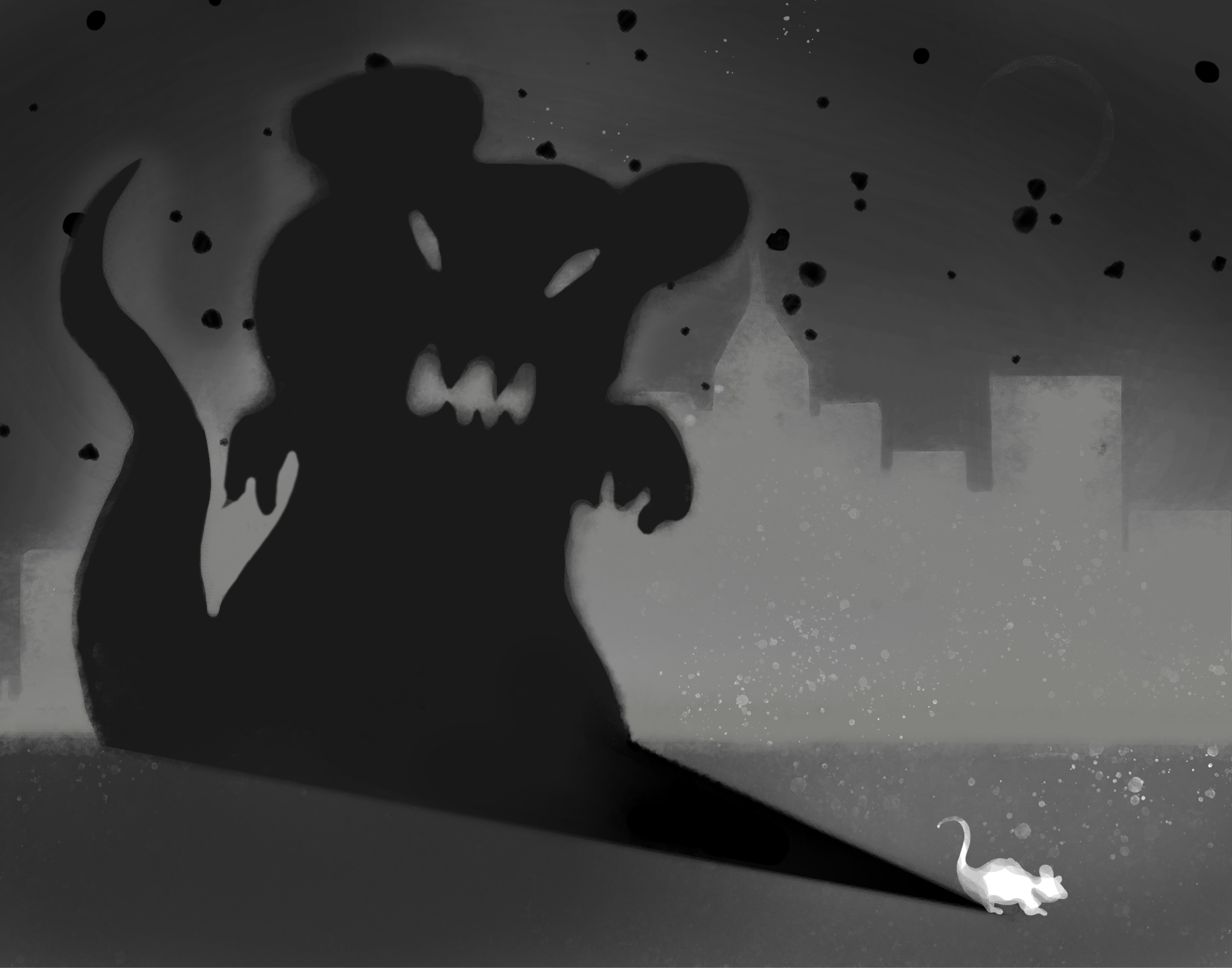Vi Woundy, a second-year Dramatic Arts major at the College of Performing Arts, never had much of a pest problem during their first year living in Loeb Hall. They saw one mouse run across the floor and into an air vent, but, after promptly calling maintenance, never saw it again.
Their second year, however, has been different. “Everything seems fine,” they said. “And then you get six mice in the room.”
“There was only a person not living in the suite for one week. Then somehow we got a mice infestation in our suite,” said Woundy, who pays $20,800 a year to live in a double room in Loeb Hall, and who assumed that a suite left empty for a week would not stand as a move-in invitation for mice. “[Maintenance] caught six. But they only helped me catch them after I made a fuss.”
Woundy emailed Morgan Vinson, the Resident Housing Director about the issue. Vinson reached out to the maintenance staff at Loeb, who set traps, patched up holes, and replaced a baseboard that had been almost completely chewed through by the rodents. “I don’t think they were happy with me about it, and I might have been a problem for them,” Woundy said. “But also, [mice] were nesting behind my fridge and my roommate’s desk.” Woundy originally reached out on January 15th. Maintenance arrived two days later, on January 17th.
Rodents are a common presence in New York City: a 2014 study estimated as many as two million rats live here. Though the actual number remains unclear, rat sightings reported to New York’s 311 line numbered 17,353 in 2018. But in while in apartments, the city’s Warranty of Habitability — a warranty implied in all New York City building leases, outlining the quality of living that tenants are entitled to — ensures a safe and habitable living space, allowing tenants to withhold rent (or to request a rent reduction) if landlords refuse or are unable to deal with issues like rodent infestations, the way that these laws apply to student housing is less clear, and the only path forward often seems to be reporting it to the university via the Net Facilities tool, found on the MyNewSchool site.
Kitty Knorr, a second-year Literary Studies major, who is in her second semester living at the 20th Street Dorm, and who is also paying $20,800 a year to live in a double room, has experienced fewer mice, but more delays. In the beginning of December, she was sitting in her kitchen when she heard a rustling sound. “My heart sank. I was like, ‘Oh, no.’ I looked up and made eye contact with a mouse.” Knorr’s roommates let the front desk know about the situation immediately, and an exterminator was sent that day. However, the longer-term repairs took another month. “That was in the beginning of December,” said Knorr. “The holes weren’t patched up until winter break.”

The number of building inspections that resulted in showing active NYC rat signs in 2019. Infographic By Ben Guess
A Resident Assistant in Loeb Hall— who was willing to speak on the issue, but who wished to remain anonymous due to concerns about potentially jeopardizing her job — admits that Loeb may have some issues with mice, but that the maintenance staff there is doing the best they can in an older building.
“It seems so big because it’s your first time living in a space, and you’ve never lived by yourself, and your parents aren’t there to fix that problem for you,” she said. “So it can be a little overwhelming. But…it does come with the territory a little bit, of being a student in New York.”
The anonymous RA also stated that there were ways students in residential halls could help to prevent mice. “It’s a group effort too. It’s keeping your space clean, it’s the traps, it’s making sure you’re reporting it, too.”
Woundy had some suggestions on improvements that could be made to prevent mouse infestation: “When people have moved out, go and make sure there aren’t holes in the walls. Once it’s summer, fumigate the building. We don’t know what kind of diseases these things have.”
When reached for comment, the university declined an interview with the Resident Housing Director of Loeb Hall and instead provided a statement. “As part of our continuing efforts to provide a great residential experience, the university oversees a proactive pest management program to exclude, contain and suppress pests from our buildings,” it reads. Some of this management, according to the university, includes “annual inspections, sealing points of entry, and prompt treatment and cleaning of any impacted areas.”
“They [housing officials and Resident Assistants over the years] have told us that, ‘It’s New York. Mice happen,’” added Woundy. “I feel like it shouldn’t be this extreme.”







